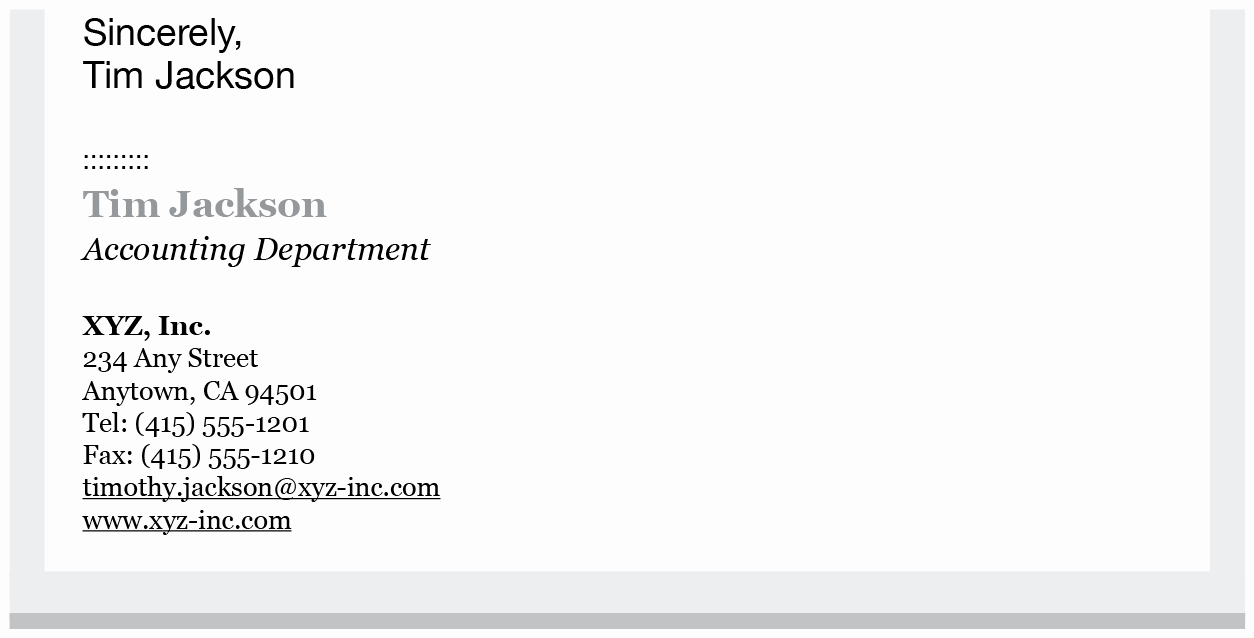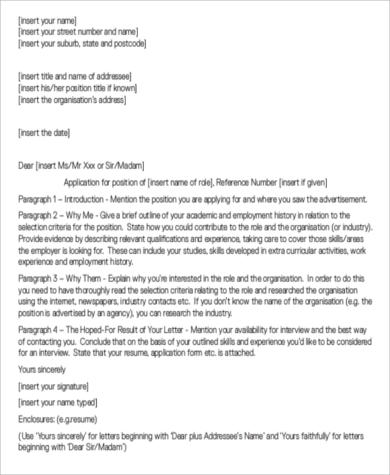

#CLOSING FORMAL EMAIL HOW TO#
How to write a business email in German: If you haven’t met or been introduced, briefly state who you are before summarising the matter over which you’re contacting the person.See also our more detailed instructions on how to find a job in Germany. For a job application: Briefly state who you are, for which position you’re applying, outline why you’re a good fit and list what documents you’re attaching.For most subjects, you can get straight to the point and don’t have to beat around the bush or talk about the weather. Write your formal German email in a reserved and polite manner, avoiding spelling and grammar mistakes and slang or derogatory language.
#CLOSING FORMAL EMAIL FULL#
Yes, German is full of these rules master them by learning German fast! Composing a formal email in German Note that the salutation ends in a comma and the first sentence of your email is then NOT capitalized. You don’t have to repeat their name and title every single time, but you definitely need to stick with either du or Sie. Throughout the body or main text of your German email, you’ll then repeat the chosen form of addressing the email recipient.

Again, in formal circumstances in Germany, using the last name to address a person is usually appropriate, but look for clues that might indicate otherwise, like how they addressed you, how formal their online profile is or how formal the matter is. This brings us to the second part of how to address your email recipient in German: You’ll have to choose between their first or last name. In a start-up environment with flat hierarchies, for example, it could be common to address each other informally and on a first-name basis. Exceptions could be when the person has already addressed you informally or you don’t want to come across as square or stiff. In a business email, a job application or any sort of formal inquiry, the formal address is usually a safe bet, especially when you haven’t met in person. The English second-person pronoun “you” translates into Sie or du in the singular and Sie or ihr in the plural, in case you’re writing to more than one person at the same time (formal and informal, respectively). How to start an email in German: Proper addressīefore you compose an email in German, you’ll have to consider whether you’re going to address the recipient in formal or informal language.


 0 kommentar(er)
0 kommentar(er)
